1. Cake Walks

Cake walks were once a popular school fundraiser, where students and parents would buy tickets to walk around a circle of chairs. When the music stopped, participants scrambled to sit in the closest chair, and whoever sat in the winning chair received a cake as a prize. It was a fun event that everyone could enjoy, but today, it would probably face a lot of backlash. With an increased focus on health and wellness in schools, the idea of giving out cakes as prizes may seem contradictory to promoting a balanced diet.
Aside from the unhealthy focus on sugary treats, there were also concerns about the safety of the activity. Children rushing to grab a seat could easily trip and fall, risking injury in the process. Today’s schools tend to shy away from any event that could potentially lead to physical harm or make children feel uncomfortable about their eating habits, making cake walks a thing of the past.
2. Dunk Tanks
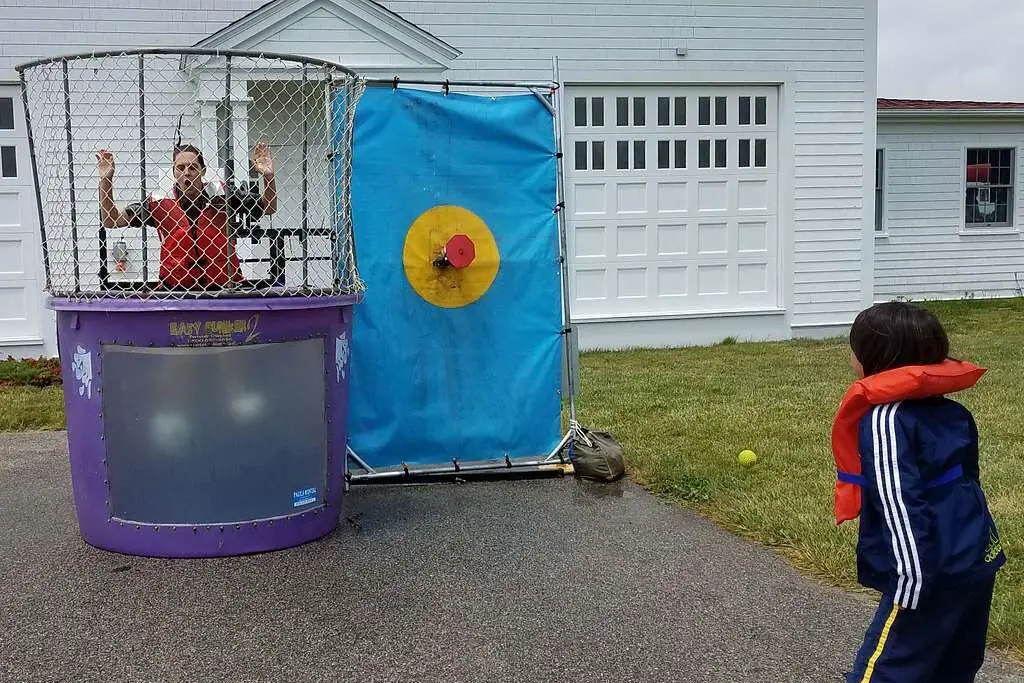
The dunk tank fundraiser, where teachers or school staff volunteered to sit on a platform above a tank of water, was once a crowd favorite. Students would throw a ball at a target, and if they hit it, the volunteer would plunge into the water. While it was a fun spectacle, this fundraiser is now far less common. The safety concerns—such as the risk of drowning, falling, or getting injured—have made dunk tanks a liability for schools.
In addition to safety, there were concerns about how the dunk tank could negatively affect staff members. It’s easy to see how teachers or school staff could be put in an uncomfortable situation, especially if students targeted them inappropriately. With a focus on positive, inclusive events, many schools now prefer activities that encourage cooperation rather than risk and discomfort for the volunteers.
3. Live Animal Races
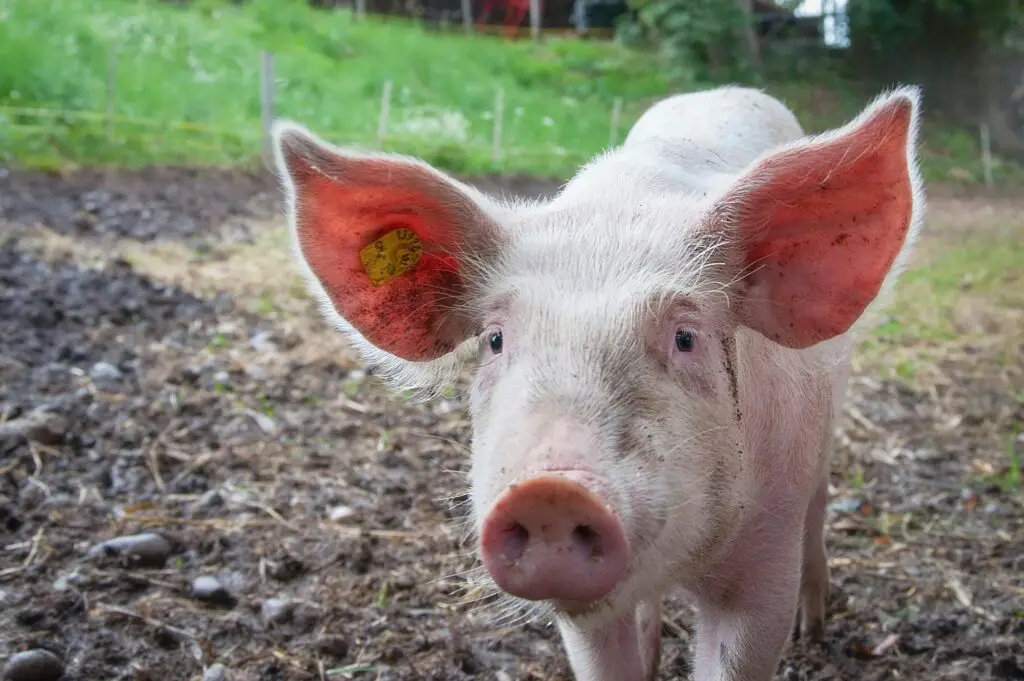
Animal races were a quirky and often amusing school fundraiser that involved live animals, like pigs or goats, racing in front of an excited crowd. Students would cheer for their favorite animal, and the winning animal’s team would raise the most money. It might have seemed innocent, but today, the idea of using live animals for entertainment is far less acceptable. There are significant concerns about animal welfare, as animals used in these events could experience stress or discomfort, which has led to a ban in many schools.
Aside from animal rights issues, there were also questions about how these races could influence students. Using live animals as a form of entertainment can lead to desensitization to the treatment of animals in general. With a heightened focus on respecting all living creatures, many schools now avoid any fundraiser that involves animals, opting for more ethical and sustainable options.
4. Selling Candy Bars Door-to-Door
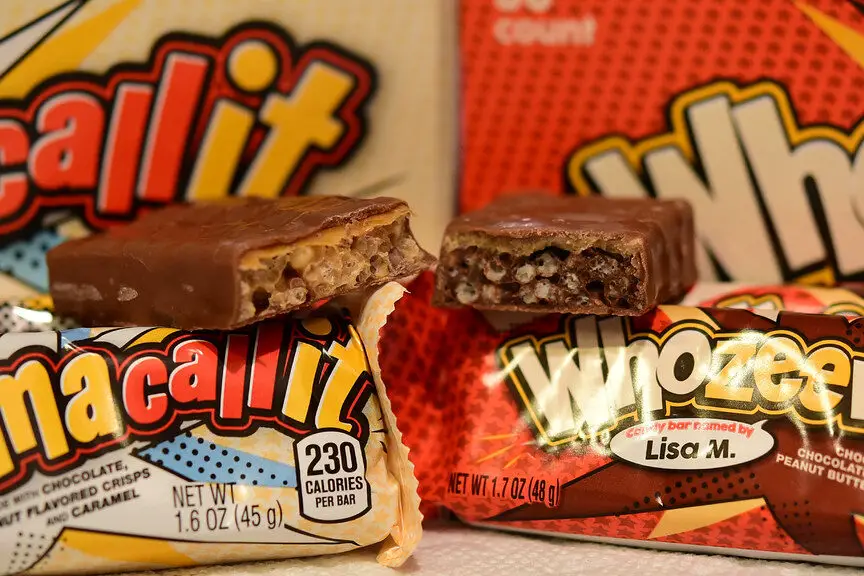
Selling candy bars door-to-door was once a standard school fundraiser, where kids would go around their neighborhoods, selling candy bars to raise money for various causes. The candy bars were often sold at a significant markup, and the idea was to get as many sales as possible. While it helped schools raise funds, this method has become less common, primarily due to concerns about child safety. Sending children out to strangers’ homes without supervision posed a significant safety risk, especially in today’s world where many parents are more protective of their children.
Additionally, with the growing awareness of childhood obesity and poor dietary habits, candy bar sales have become increasingly controversial. Encouraging kids to sell sugary snacks door-to-door goes against modern health initiatives, which focus on reducing sugar intake and promoting balanced nutrition. As a result, this fundraising method has been replaced with healthier, more age-appropriate alternatives.
5. Car Washes
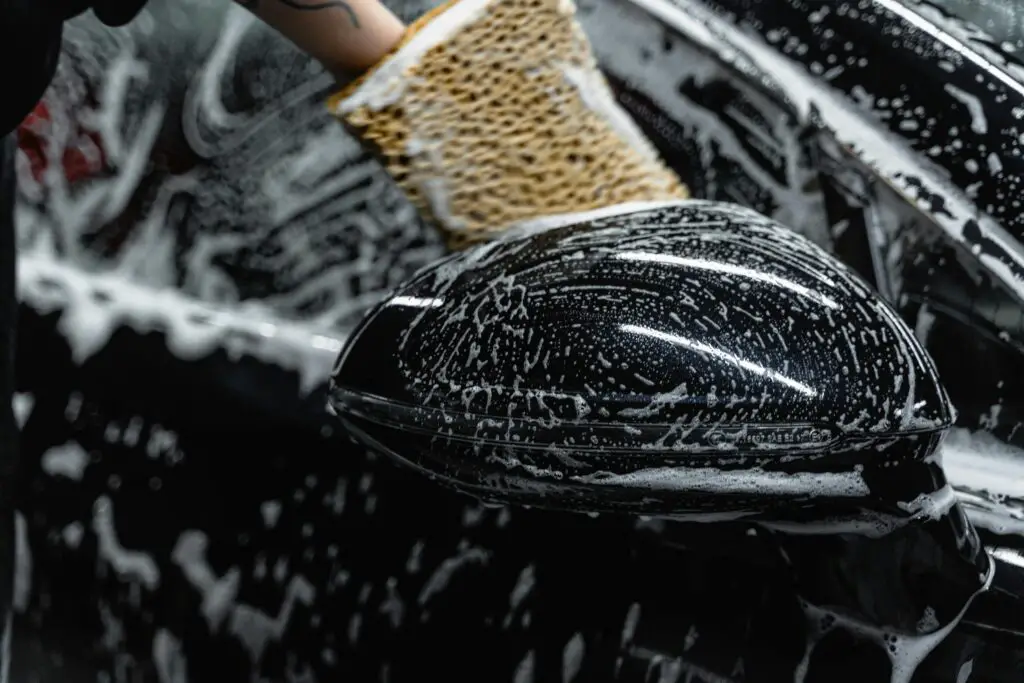
Car wash fundraisers were a staple for many schools, with students washing cars for a small fee to raise money for school events or programs. The fundraiser encouraged teamwork and interaction between students and parents, but it also brought about a few issues. For one, washing cars used a lot of water, and it often wasn’t done in the most environmentally friendly way. Schools are now far more conscious of their environmental impact, and water waste is a major concern.
On top of environmental issues, car wash fundraisers posed safety risks. Wet surfaces could lead to slips and falls, and students might not have the proper tools or training to do the job effectively. With a greater emphasis on safety, sustainability, and inclusivity, many schools have turned to fundraising methods that are both safer and more eco-friendly.
6. “Slave Auctions”
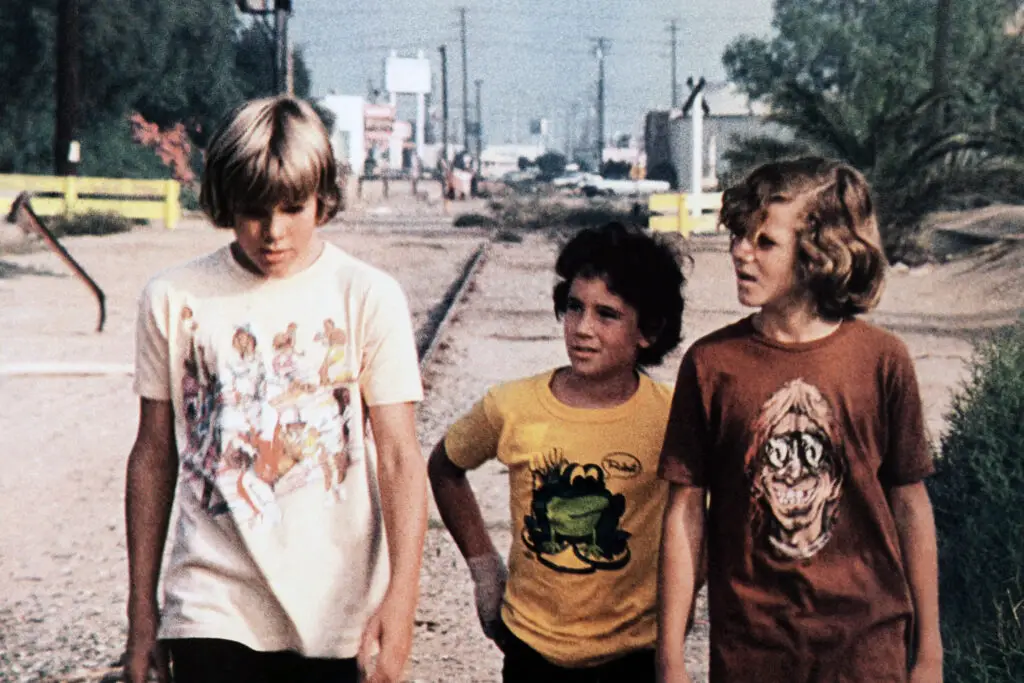
“Slave auctions” were once a bizarre and deeply inappropriate school fundraiser. In these events, students volunteered to be auctioned off as “laborers” for a day, with their classmates bidding on how many hours they would work for them. The concept, which may have seemed innocent in the past, is now considered offensive and disrespectful, given the negative historical context of slavery. The commodification of children’s labor in a fundraiser, even if voluntary, is now seen as inappropriate and harmful.
The racial connotations associated with these events make them especially problematic. The idea of using the language of slavery for a fundraiser trivializes a painful history and could have detrimental effects on students’ understanding of such significant issues. Today, schools strive for more inclusive, respectful fundraisers that promote kindness and equality, making “slave auctions” a relic of a misguided past.
7. Penny Wars
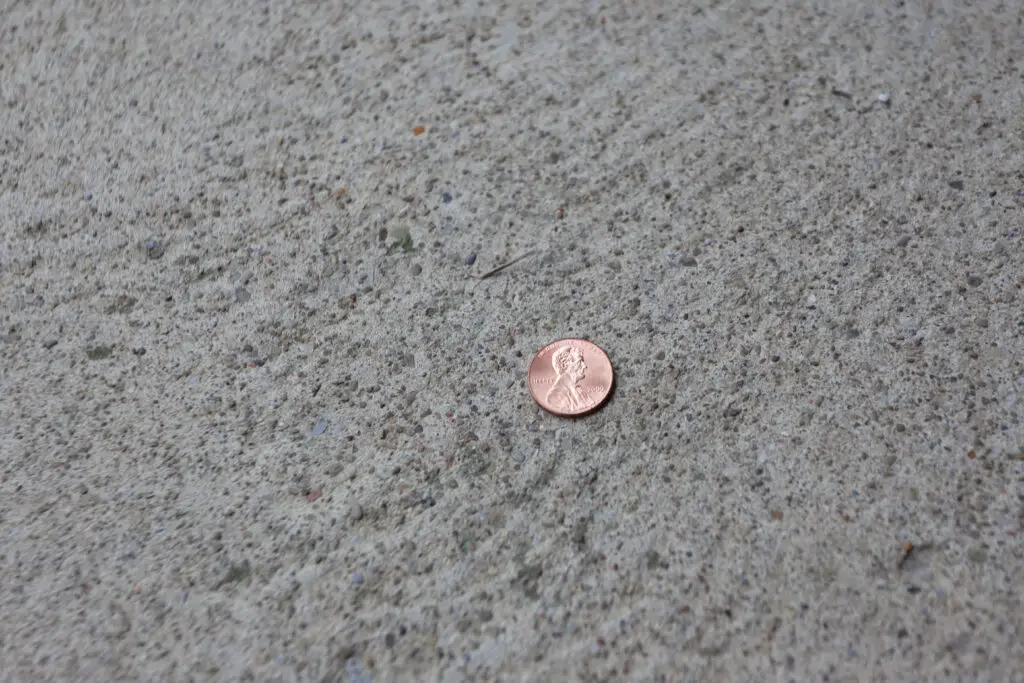
Penny wars were a fun competition where students collected pennies in their jars to raise money for school causes. The twist was that participants could sabotage their classmates’ efforts by adding silver coins, like nickels, dimes, and quarters, to other teams’ jars. Although the idea behind penny wars was to make fundraising more exciting, it has since fallen out of favor. The environmental implications of using so many coins, along with the mess of spilled change, made penny wars seem more like a hassle than a helpful fundraiser.
There were also issues with inclusivity in penny wars. Some students could afford to contribute more, giving them an advantage, while others couldn’t keep up. This created an uneven playing field, where participation wasn’t always equitable. As schools aim to create more inclusive and sustainable fundraising activities, penny wars have been replaced with options that ensure every student can participate, regardless of their financial situation.
